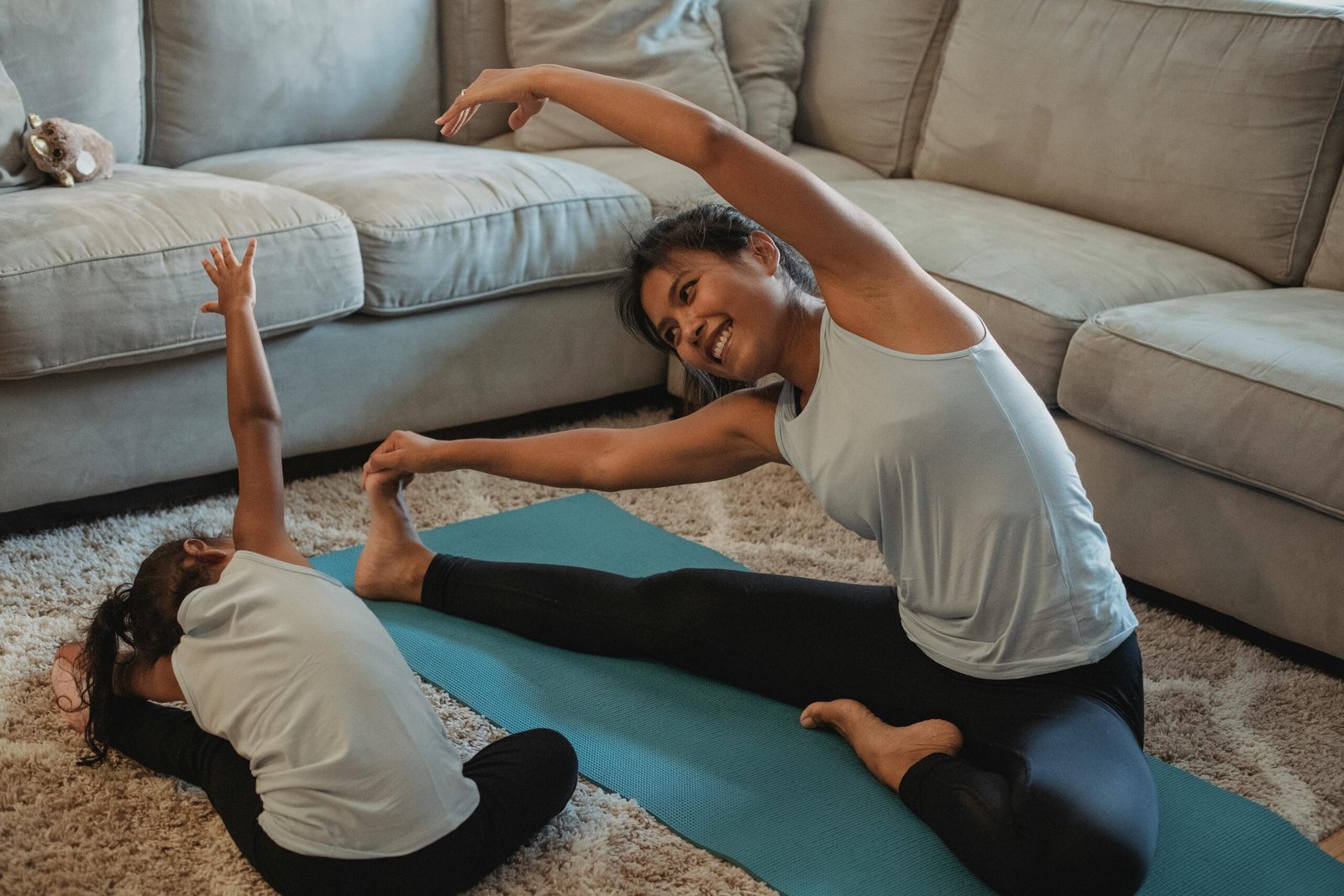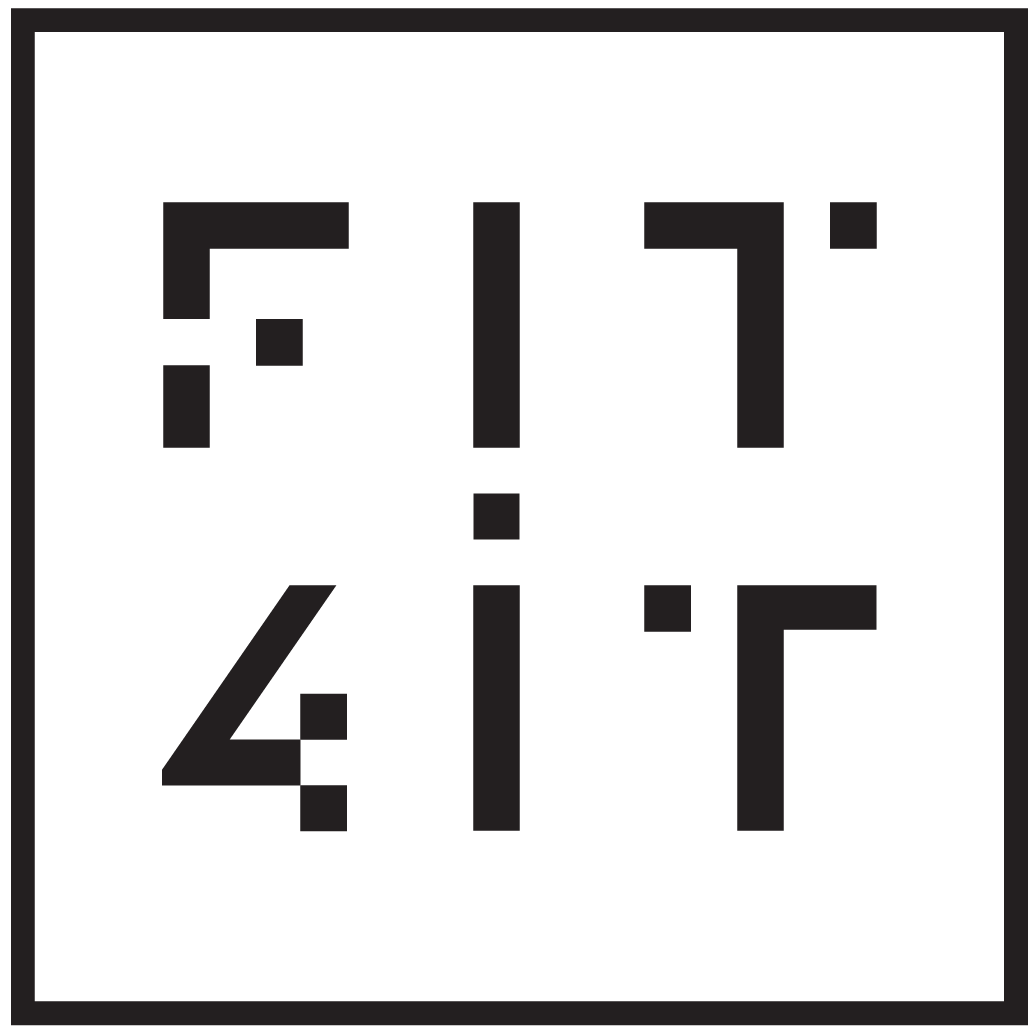
Fitness Advice for New Parents: Balancing Exercise with Parenting
Becoming a parent is a life-changing experience that brings immense joy and new responsibilities. Amidst the whirlwind of diaper changes, midnight feedings, and endless cuddles, finding time for yourself—especially for exercise—can seem like a distant dream. However, maintaining physical fitness is crucial not only for your health but also for managing the demands of parenthood. Here’s some practical fitness advice for new parents to help you stay active, healthy, and energized.
1. Prioritize Self-Care
A. Recognize the Importance of Exercise
- Why It’s Important: Regular exercise boosts energy levels, reduces stress, and improves mood, all of which are vital for managing the challenges of parenthood.
- How to Do It: Set aside time for yourself and view exercise as an essential part of self-care rather than an additional task.
B. Set Realistic Goals
- Why It’s Important: Setting achievable fitness goals helps maintain motivation and prevents frustration.
- How to Do It: Focus on short, manageable workouts and gradually increase intensity as you adjust to your new routine.
2. Incorporate Exercise into Your Daily Routine
A. Utilize Nap Times Wisely
- Why It’s Important: Nap times can be an ideal opportunity for quick workouts.
- How to Do It: Use a baby’s nap time to fit in a 15-30 minute workout, such as a home exercise routine, yoga session, or brisk walk.
B. Make Use of Early Mornings or Evenings
- Why It’s Important: Early mornings or evenings can be quieter times when you can focus on your fitness.
- How to Do It: Schedule your workouts before your baby wakes up or after they go to bed.
3. Find Family-Friendly Activities
A. Engage in Family Workouts
- Why It’s Important: Including your baby in workouts can be fun and motivating.
- How to Do It: Try activities like stroller walking, baby-wearing exercises, or dancing with your baby.
B. Explore Parent and Baby Classes
- Why It’s Important: Classes designed for new parents can offer social interaction and structured exercise.
- How to Do It: Look for local parent and baby fitness classes, such as baby yoga or stroller fitness groups.
4. Focus on Functional Fitness
A. Choose Exercises that Improve Daily Function
- Why It’s Important: Functional exercises help build strength and endurance for daily parenting tasks.
- How to Do It: Incorporate exercises like squats, lunges, and core strengthening routines that mimic movements involved in lifting, carrying, and playing with your baby.
B. Incorporate Strength Training
- Why It’s Important: Strength training supports muscle tone and joint stability, which are important for carrying and handling your baby.
- How to Do It: Use bodyweight exercises, resistance bands, or light weights to strengthen major muscle groups.
5. Embrace Flexibility and Adaptability
A. Be Flexible with Your Workout Schedule
- Why It’s Important: Parenting schedules can be unpredictable, so flexibility is key.
- How to Do It: Adapt your workout plans based on your baby’s schedule and be open to shorter, more frequent exercise sessions.
B. Incorporate Movement Throughout the Day
- Why It’s Important: Even brief periods of activity can contribute to overall fitness.
- How to Do It: Take the stairs, go for a walk with your baby, or do quick exercises like calf raises while waiting for your baby’s bottle to warm up.
6. Stay Motivated and Accountable
A. Set Small, Achievable Goals
- Why It’s Important: Small goals help you stay motivated and track progress.
- How to Do It: Set goals like completing three short workouts a week or participating in a family fitness activity each weekend.
B. Find a Workout Buddy
- Why It’s Important: A workout buddy can provide encouragement and accountability.
- How to Do It: Partner with a fellow parent, friend, or join a local fitness group for new parents.
7. Listen to Your Body and Rest
A. Pay Attention to Your Body’s Signals
- Why It’s Important: Postpartum recovery requires attention to your body’s needs.
- How to Do It: Listen to signs of fatigue or discomfort and adjust your exercise routine accordingly.
B. Prioritize Rest and Recovery
- Why It’s Important: Adequate rest is essential for recovery and overall well-being.
- How to Do It: Incorporate rest days into your fitness routine and ensure you’re getting enough sleep whenever possible.
8. Make Healthy Choices
A. Focus on Balanced Nutrition
- Why It’s Important: Good nutrition supports energy levels and recovery.
- How to Do It: Eat a balanced diet with plenty of fruits, vegetables, lean proteins, and whole grains to fuel your workouts and daily activities.
B. Stay Hydrated
- Why It’s Important: Proper hydration is crucial for overall health and exercise performance.
- How to Do It: Drink plenty of water throughout the day, especially before and after exercise.
Conclusion
Balancing fitness with the demands of new parenthood can be challenging, but with the right strategies and mindset, it’s entirely achievable. By integrating exercise into your daily routine, focusing on functional fitness, and staying flexible, you can maintain your physical health and boost your energy levels. Remember to set realistic goals, listen to your body, and make time for self-care. Embracing these fitness tips can help you thrive as a new parent while enhancing your overall well-being.





No Comments